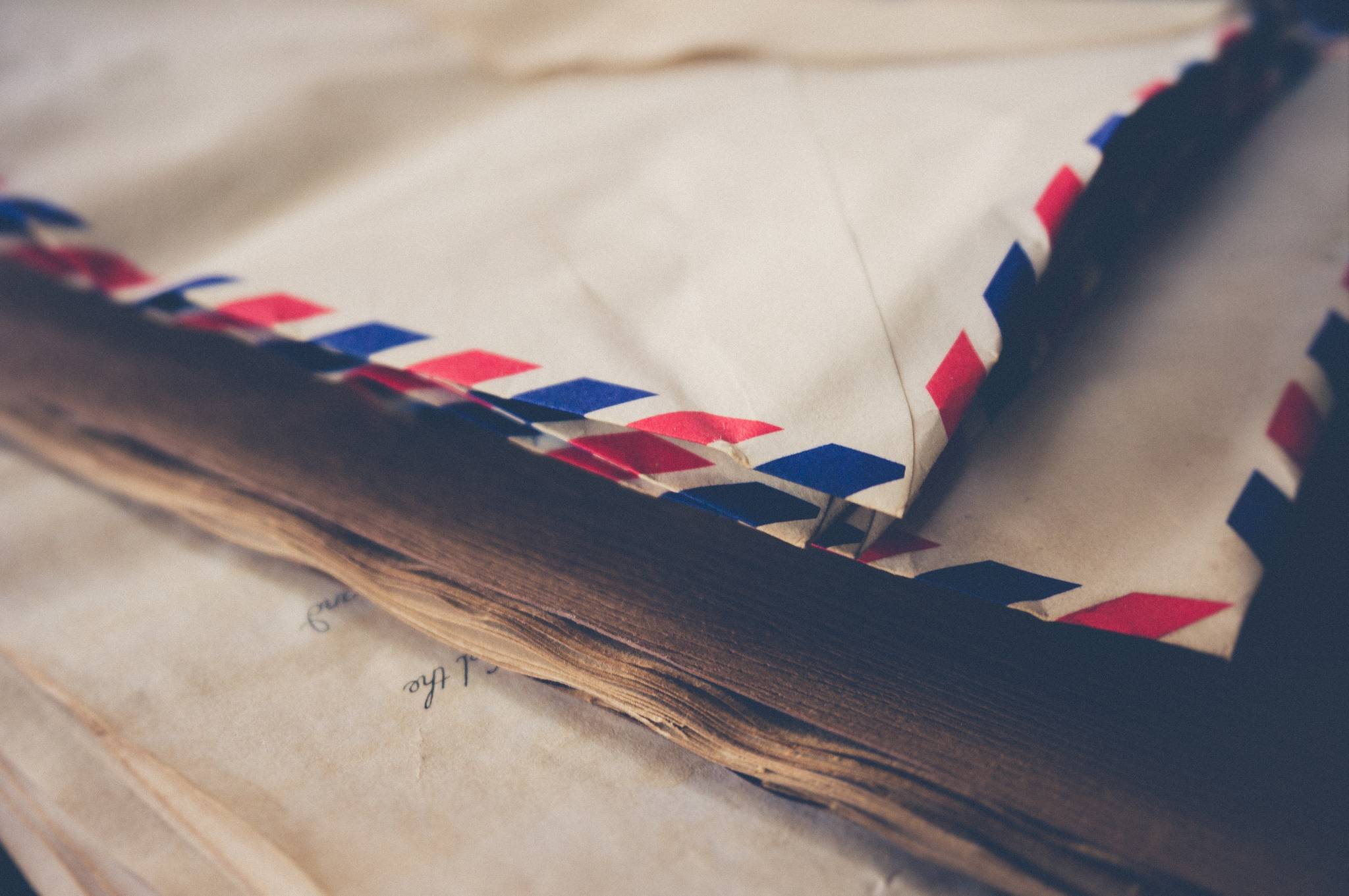By BECKY BOHRER
Associated Press
A lawsuit filed Friday says state elections officials are discriminating by mailing unprompted absentee ballot applications to older Alaskans but not to all qualified voters.
The lawsuit, filed in state court in Anchorage, seeks to have applications sent ahead of the primary and general elections to “all registered Alaska voters, regardless of their age.” The plaintiffs are the Disability Law Center of Alaska, Native Peoples Action Community Fund, Alaska Public Interest Research Group and two individuals.
“For my part, I think the state had the right idea, ‘Let’s make it super easy,’” said Scott Kendall, one of the attorneys in the case.
But he said he doesn’t understand limiting the effort. The state’s approach “doesn’t pass legal muster. It doesn’t pass logical muster,” he said.
Maria Bahr, a Department of Law spokesperson, said the department will review the complaint and respond once properly served with it.
[State’s plan is for primary to proceed as usual]
The state allows anyone to request a ballot by mail, and the Division of Elections last month announced a new online system intended to make it easier to apply for absentee ballots.
But the new option requires voters to know about it, according to the lawsuit, which cites internet connectivity concerns for voters, particularly in rural Alaska, and a need for a valid Alaska driver’s license or state ID card.
Lt. Gov. Kevin Meyer, who oversees the division, last month said the decision to send ballot applications to registered voters 65 and older came out of concern with the coronavirus. He cited the state’s chief medical officer in saying that group is vulnerable.
“And frankly, we’re just not, I’ll speak for myself, not as tech savvy as maybe somebody in their 30s and 40s,” said Meyer, who is 64.
The U.S. Centers for Disease Control and Prevention lists older adults and people with medical conditions as being at increased risk for severe illness related to the coronavirus. Those who should take extra precautions include some racial and ethnic minority groups, people with disabilities and people with developmental and behavioral disorders, according to the agency.
Other states have seen challenges to plans for conducting elections during the pandemic. In North Carolina, for example, there is challenge to a witness requirement for people casting mail-in absentee ballots. In Tennessee, a judge ordered expanded the option to vote absentee, a decision that state is appealing.
Alaska’s primary is scheduled for Aug. 18.

